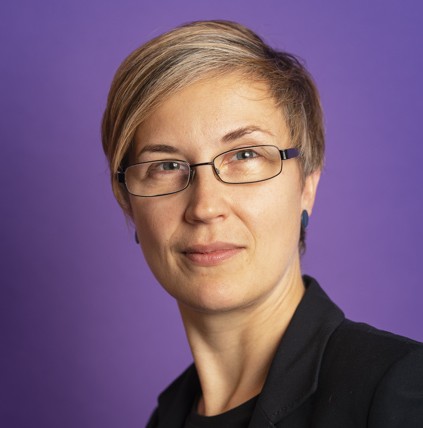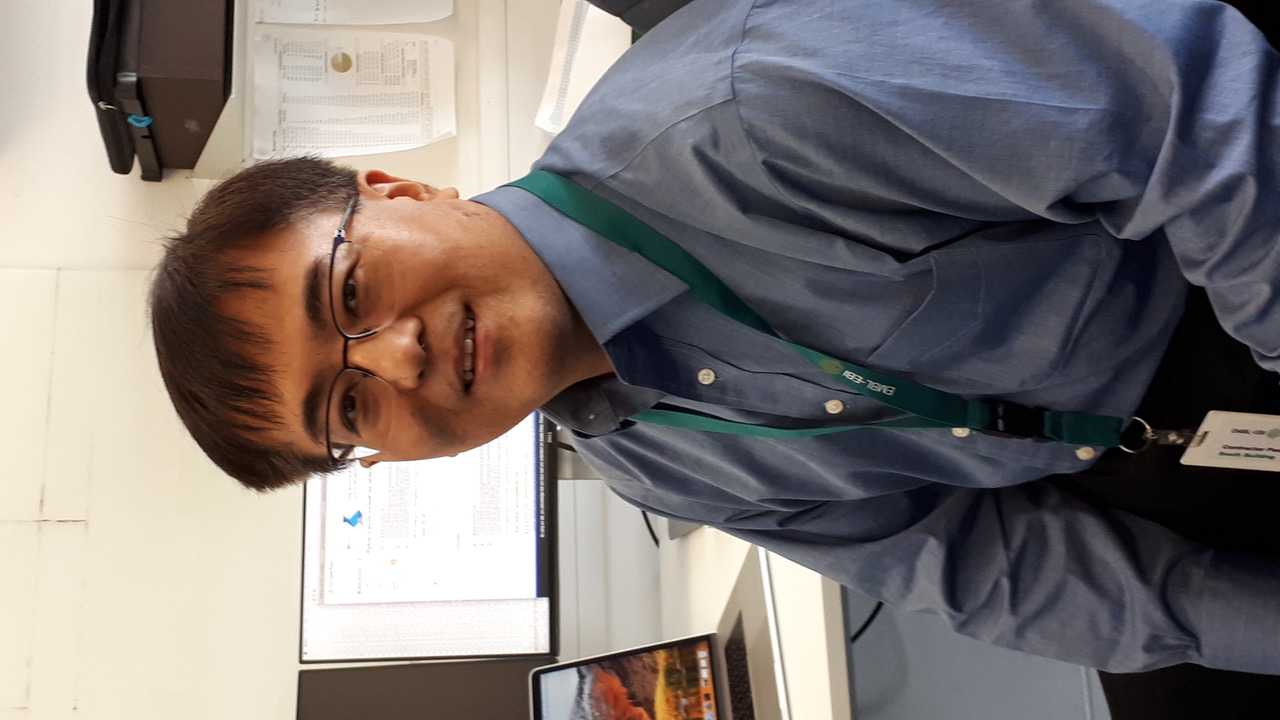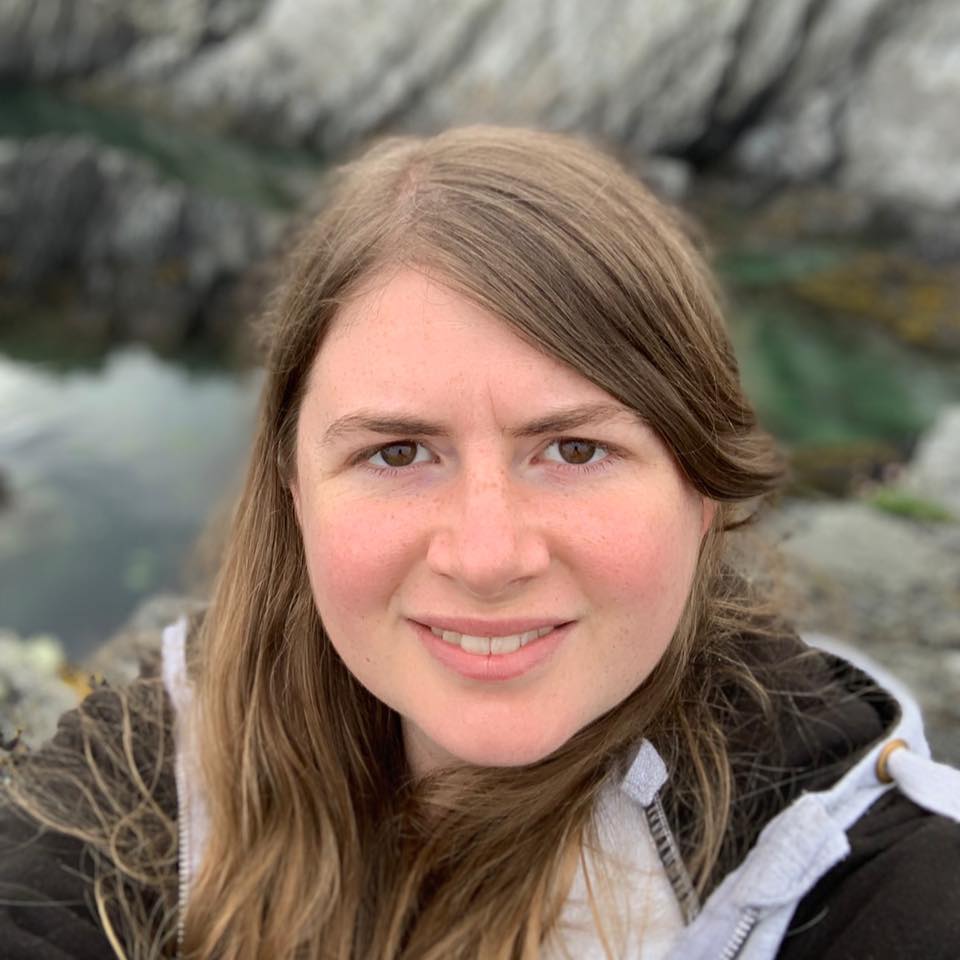Topic Bazaar
The topic bazaar is a place to encourage and create collaborations that can then be presented in a variety of formats within the series. For example, someone might have an idea for a workshop but would prefer to refine their concept with a collaborator before presenting. Another example could be using the topic bazaar to organise a coding sprint on a new or existing open-source project. This might lead to a talk about the software created together, or on the collaborative process itself.
To participate in the Topic Bazaar, simply fill in this form and we’ll advertise your topic suggestion below. If you’re interested in collaborating on a topic previously posted, follow the contact details listed to get in touch and begin working together. Once you are ready to present, make a formal contribution, and just remember to tell us that you came via the Topic Bazaar.
If you have any questions or wish to edit your topic submission get in touch with us via email.
Topics
Examples and Discussion: How to do good tutorials for research software
Contact: René Fritze rene.fritze@wwu.de
Good tutorials are probably the best measure to get others to use and contribute to your research software. We believe that we can learn a lot from each other when it comes to designing good tutorials (educational level, extent, virtual environments, …). Different scientific communities follow different styles and the RSE conference brings many different communities together. In this workshop, we want to introduce these different styles of tutorials and discuss them with everybody.
Legal Issues in Research Software Development
Contact: Christian Busse christian.busse@dkfz-heidelberg.de
Collaborative software development (e.g. on various Git* platforms) are commonplace for research software project. Nevertheless, this is legal gray area, as many scientific institutions are (not yet) aquainted with this mode of operation and therefore have no explicit regulartory framework in place. The potential issues for the individual research are manifold:
- Who owns the intellectual property on the contributed code and how is this documented?
- Who is liable for potential bugs? What must be considered when choosing a FOSS license?
- Is the use of public development platforms consistent with labor legislation, collective labor agreements and subordinate regulations?
- When should code be considered a dual-use good?
Contact: Markus Suhr markus.suhr@med.uni-goettingen.de
Software development is an integral part of (bio-) medical research. Research projects creating or extending software are run by departments that focus on different medical domains but have no support infrastructure for software engineering. Furthermore, software used in healthcare settings has to comply with medical device regulations which require a well-documented if not certified process for software engineering even in research setting. Medical Informatics research departments may hold the necessary expertise but are organised in project-centric fashion themselves, leaving little to no capacity for on-demand services or support. I would like to organize a workshop bringing together colleagues from medical research and medical informatics to discuss challenges and possible solutions.
Contact: Alexander Struck Alexander.Struck@hu-berlin.de
How could the community improve software reuse? What are the constraints? (…)
RMarkdown Documents for Reproducible Research
Contact: Krishnakumar Gopalakrishnan krishna.kumar@ucl.ac.uk
Embedding computations inside the final report ensures that the report is dynamic and updates to the value of input parameters can be cascaded in an automatic manner resulting in a dynamic report document that always stays current. The RMarkdown framework/toolchain represents a lightweight markup language, which together with the knitr engine addresses the last mile of reproducible research - reporting of results.
RSE Communities: National, Regional and Local
Contact: Jeremy Cohen jeremy.cohen@imperial.ac.uk
This could take the format of either a workshop or a talk delivered by two or three people. It would be a development of the talk on “Building Research Software Communities” that I gave at deRSE19. If this were to be proposed as a workshop, the aim would be to try and get a group of workshop organisers together who could provide some first-hand perspectives and experiences on trying to set up or grow communities. Maybe you’ve tried to set up a community and it hasn’t been successful. Maybe you started a community but it’s been difficult to sustain it and things have fizzled out. Or, maybe you’ve started a community that has been really successful and is managing to sustain and grow itself without a huge amount of effort. Alternatively, maybe you’re just interested in research software communities and would like to help organise a workshop session on this. Whatever the case, it would be great to put together a workshop on this topic so get in touch if you’d like to collaborate.
Contact: Anna-Lena Lamprecht a.l.lamprecht@uu.nl
We’d like to run a workshop about teaching RSE and incorporating RSE into teaching. Possible topics:
- What to teach?
- Where does it fit in?
- Who visits these courses?
RSE for Human-centered Research Workflow Support Systems
Contact: Johannes Sautter johannes.sautter@iao.fraunhofer.de
Even if there exist various approaches and repositories for storing and manageing meta- and research data, the software landscape still lacks of adequate support of a phase oriented end-to-end data assessment-workflow that is closely linked to the research process. User Experience and Usability of such solutions is a further major topic, besides high interoperability to existing repository software such as dspace and dataverse. I would like to bring in a workshop topic for discussion - not sure if this is the right level of abstraction. Relevant expertises are from my point of view research data managers to discuss challenges and requirements, database and workflow management as well as human computer interaction experts to discuss possible solutions.
Contact: Stephan Janosch janosch@mpi-cbg.de
What is happening in regards to research software engineering in Germany right now? This session gives you an overview about the people and their activities within their research organisations. Each person will get a few minutes to present the current state.
RSEs in the Digital Humanities or archaeological domain (ARCHEO.RSE)
Contact: Research Squirrel Engineers hi@squirrel.link, Florian Thiery, Sophie Charlotte Schmidt
There are a lot of RSEs working in the Digital Humanities (DH) or archaeological domian. Most of them are not named as Research Software Engineers even though they develop software for researchers or develop software for their own research. This slot should help to show others what RSEs in DH are doing and hopefully find some new collaborations.
There are also some non-institutional groups in the DH which do RSE things just for fun in their free time. One of the groups are the Research Squirrel Engineers. If this slot will help to increase the amount of squirrels, this would be awesome!
If you want to be part of the small DH / archaeological related RSE group at SORSE, please contact us by E-Mail and add your topics to the ARCHEO.RSE Pad creating some new collaborations and submissions for SORSE.
Contact: Anna-Lena Lamprecht a.l.lamprecht@uu.nl
RSE supports research across all disciplines, but there is also research about RSE. This includes the study of RSE processes to understand them better, as well as the development of technological solutions and social approaches to improve them. The idea for this workshop is to discuss “hot topics” and current challenges in RSE research.
Contact: Bernadette Fritzsch Bernadette.Fritzsch@awi.de
The field of activity of RSEs is very diverse and encompasses many facets. Since the role of RSEs in science is not yet clear everywhere, there are often problems with their pay scale classification into the TVÖD system. In the workshop, we want to present and discuss typical job descriptions and exchange experiences on how communication with the respective HR administrations can be designed.
Women and Diversity in Research Software Development
Contact: Bernadette Fritzsch Bernadette.Fritzsch@awi.de
After holding a workshop on women in the development of research software last year, we want to continue with the topic of women (and more generally) diversity. Possible topics for a workshop would be:
- Compatibility of career and family planning
- Information about mentoring programs
- Creating of an atmosphere in meetings etc., in which diversity in the working groups is promoted
Submit
Team
Anna-Lena Lamprecht

Utrecht University Utrecht, Netherlands
David Yuan

European Bioinformatics Institute Cambridge, UK
Teri Forey

Wellcome Trust Cork, Ireland